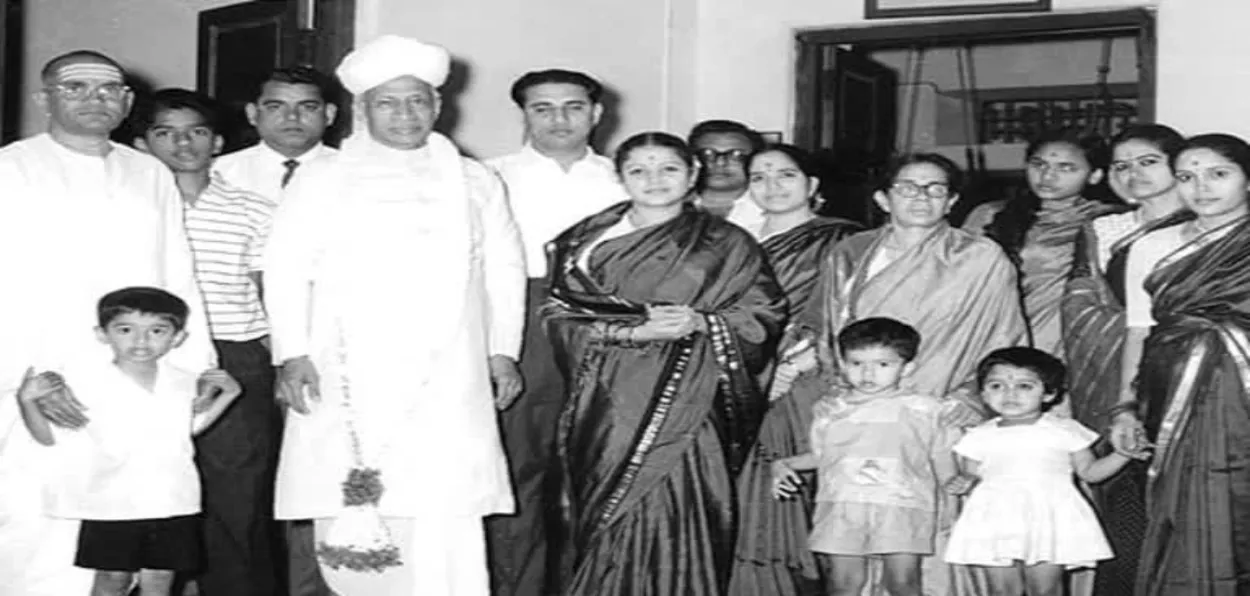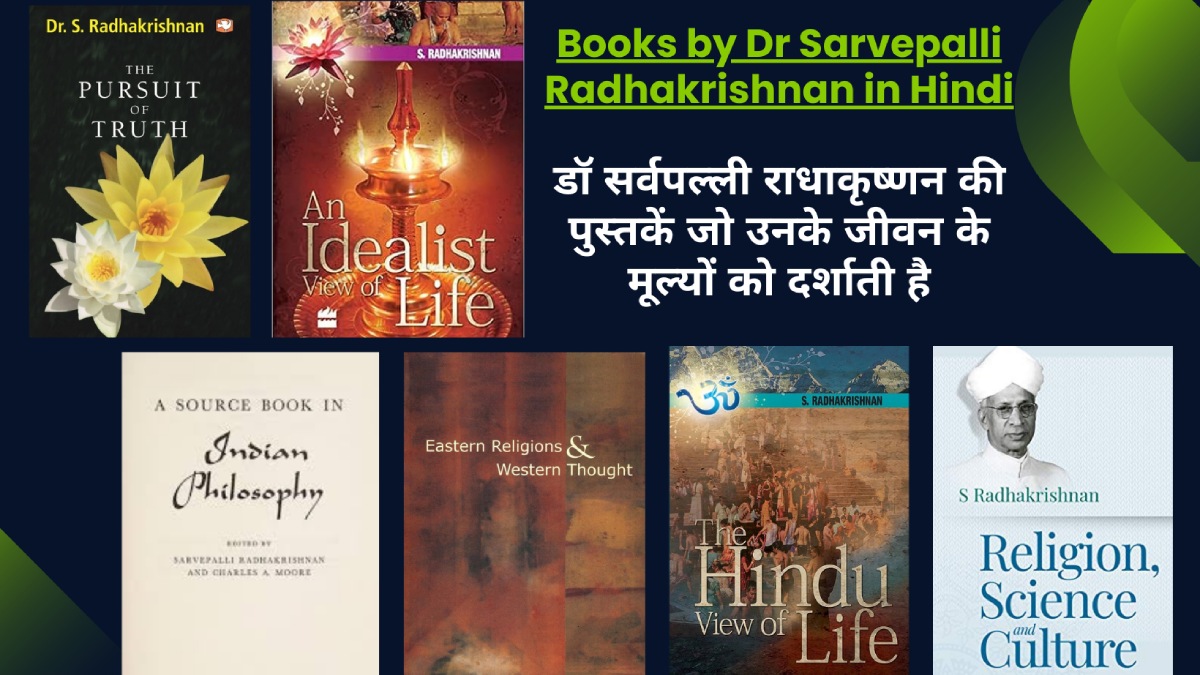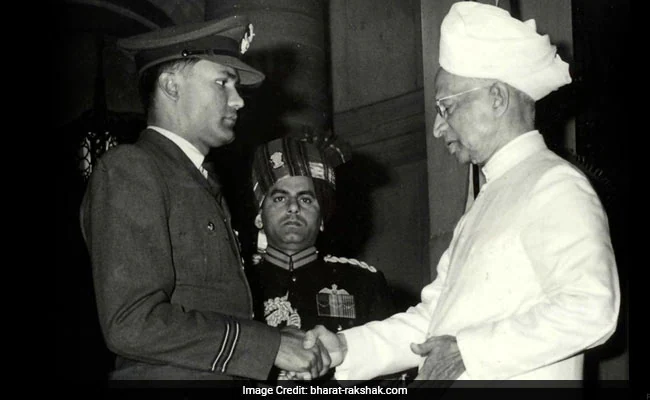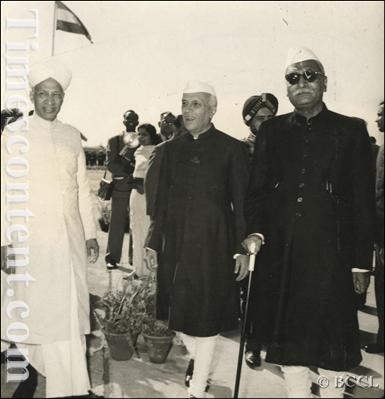
 Zafar Darik Qasmi
Zafar Darik Qasmi
To understand any religion, philosophy, or civilization in its true essence and to acquire authentic information about it, the best sources are the scholars and thinkers of that very tradition.
Looking at Hinduism, many Hindu thinkers have expressed their views on religion. Among them, one prominent name is Dr. Sarvepalli Radhakrishnan, former Indian President, a renowned philosopher, and educationist. He has authored or compiled nearly 150 books and made valuable contributions in the field of religion, philosophy, and comparative thought.
Some of his well-known books are as follows:
The Hindu View of Life: The book is a simple and comprehensive interpretation of the Hindu religion and its philosophy. This book presents the basic principles of Hindu civilization in an easily understandable manner.
A Source Book in Indian Philosophy: A comprehensive compilation of important texts from ancient Indian philosophy, including selections from the Vedas, Upanishads, and other philosophical writings.
An Idealist View of Life: A comparative philosophical study of religion and rationality, in which he presents a dialogue between Eastern and Western civilizations.
Eastern Religions and Western Thought: An intellectual dialogue between Eastern religions and Western thought, with scholarly discussions on their mutual interactions.
Indian Philosophy – Volume I & II: It is an authoritative account of Eastern philosophy, containing a detailed study of Vedanta, Buddhism, and other schools of thought.
The Principal Upanishads: A translated and annotated compilation by Dr. Radhakrishnan, containing interpretations of the key Upanishads.
 Books by Dr. Sarvepalli Radhakrishnan
Books by Dr. Sarvepalli Radhakrishnan
The Bhagavad Gita (Translation): A highly regarded translation and commentary of the Gita, considered meaningful and authentic from a philosophical perspective.
The Philosophy of Rabindranath Tagore: An analytical study of the philosophy of Rabindranath Tagore; a significant effort exploring Tagore’s literary and philosophical ideas from the standpoint of friendship and idealism.
The study of Dr. Radhakrishnan’s writings reveals that his concept of religion was deeply philosophical and tolerant. He did not view religion merely as a set of beliefs or rituals but as a means of spiritual development and moral awakening of the human being.
Below are the key points of his concept of religion:
1. Religion is a pathway to inner transformation.
2. It must be inclusive and tolerant of other paths.
3. True religion nurtures both reason and faith.
4. It aims at the realization of unity between the self and the universe.
5. Religious experience is universal and should transcend dogmas.

Dr Radhakrishnana with a soldier
The true purpose of religion is to make a human being better.
If religion does not teach truth, compassion, justice, and tolerance, then it becomes nothing more than a hollow system.
Dr. Radhakrishnan repeatedly emphasized that:
"The foundation of true religion lies in love, service, and sacrifice — and this is the common message of all religions." Therefore, he believed in interfaith harmony rather than division between religions.
He also maintained the view: "There should not be a conflict between religion and science, but a balance. Religion illuminates the heart, and science enlightens the mind. Only the combination of both makes a person complete."
According to Dr. Radhakrishnan, religion cannot be understood merely through scriptures or inherited rituals. Rather: "Every individual must have a personal experience of God and ultimate reality."

He was a strong critic of the sectarian use of religion. He believed : "When religion is used for power, politics, or prejudice, it becomes a threat to humanity."
Today, we observe that religion is being used for political and power motives in many places, resulting in chaos and conflict in society. Dr. Radhakrishnan viewed religion as a tool to bring humans closer to God and to teach them love for fellow human beings.He regarded all religions as diverse expressions of one spiritual truth.
In his book Eastern Religions and Western Thought, he writes about Hinduism: “Hinduism is not based on any racial factor; it is a heritage of thoughts, emotions, and aspirations in which every race and community of India has had a share. Many deities of modern Hinduism go beyond the Aryan period and date back to the Indus Valley Civilization of Mohenjo-Daro and Harappa.
“The Vedic religion assimilated the rituals and traditions of ancient civilizations, including Dravidian elements, to such an extent that no clear distinction can be made between Aryan and non-Aryan cultural contributions.
“This long and complex process of absorption created a distinct Hindu civilization which cannot be labeled as purely Aryan, Dravidian, or any other single origin.”
Further in the same book, he writes: “Due to its generous spirit, open-mindedness, and inclusivity, Hinduism has become a composite of all kinds of religious thoughts, emotions, and practices. It provides infinite provisions for the fulfillment of human needs. It has never hesitated to accept any conception of God that brings inner peace and spiritual satisfaction.”
A study of Dr. Sarvepalli Radhakrishnan’s writings shows that he presented Hinduism in an intellectual, spiritual, and global context. Hinduism is not merely a religious creed but a complete system of life, ethics, and spirituality.
That’s why he wrote that Hinduism is not confined to rituals or worship of deities, but is a path of spiritual experience and search for the Ultimate Reality.
In his view: "Truth is one; sages call it by different names."
Dr. Radhakrishnan also promoted the idea of religious tolerance in his writings. In other words, he believed that Hinduism was a religion that considered all religions as valid expressions of truth.
According to him, Hinduism embraces diversity and does not reject any religion or belief. He strongly believed in the Vedantic idea that "there is one truth, and many paths to reach it."
Furthermore, he believed that Hinduism teaches non-violence (Ahimsa), truth, compassion, and self-discipline — moral principles that are foundation of humanity.
READ MORE: Irtiqa Ayoub broke barriers to become the first woman Rugby coach in J&K
He presented Hinduism as a living, dynamic, and universal philosophy and a religion that encourages self-reflection, search for truth, and respectful coexistence with all other faiths.
Dr. Zafar Darik Qasmi is an Author and columnist
